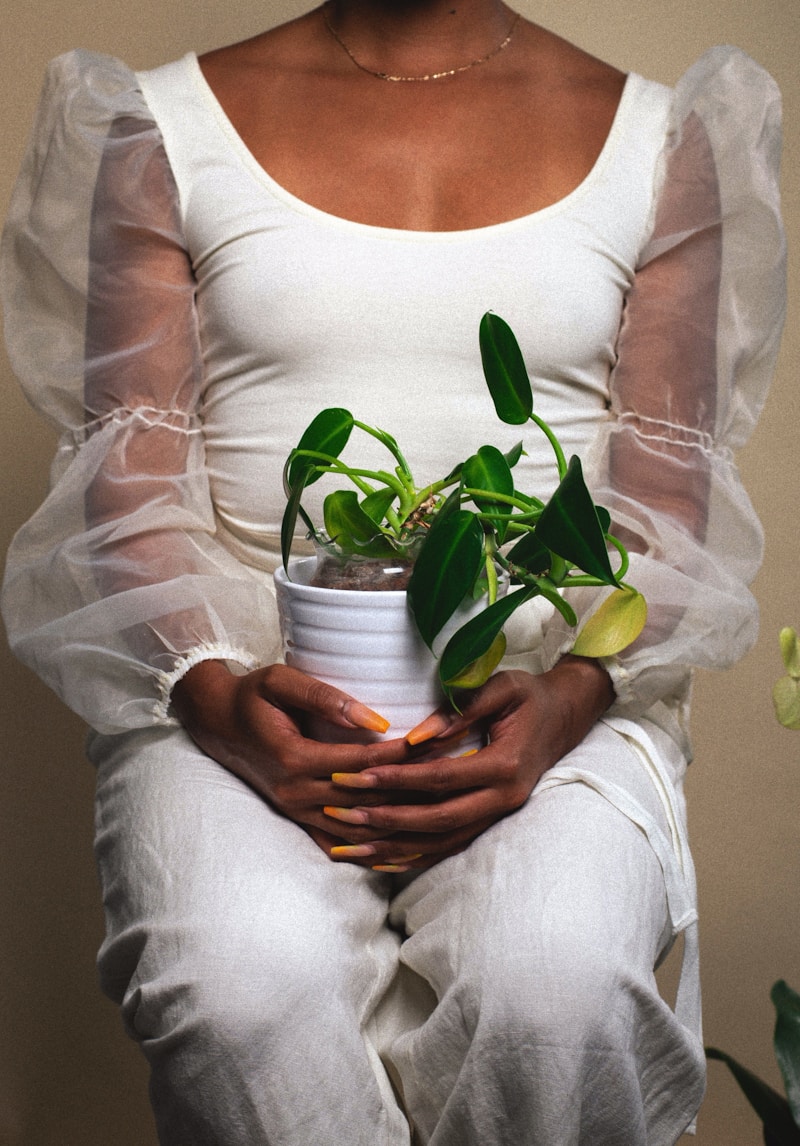Building a Sustainable Wedding Dress Business: A Guide for Eco-Conscious Entrepreneurs
Building a Sustainable Wedding Dress Business: A Guide for Eco-Conscious Entrepreneurs
Introduction
The wedding industry is undergoing a transformative shift towards sustainability, reflecting a growing awareness of environmental issues. As an entrepreneur looking to build a sustainable wedding dress business, you will not only contribute to the planet’s well-being but also cater to a niche market that values eco-conscious decisions. This article will explore the critical aspects of establishing your sustainable wedding dress business, from sourcing materials to marketing your brand.
Why Sustainability Matters in the Wedding Industry
Traditional wedding dress production often involves harmful practices and materials that contribute to environmental degradation. For instance, synthetic fabrics like polyester are derived from fossil fuels, while unsustainable cotton farming depletes resources. Consumers are increasingly seeking alternatives, making sustainability a vital selling point for your business. By embracing sustainability, you can differentiate your brand and attract conscientious couples who wish to minimize their carbon footprint on their special day.
Understanding Your Target Audience
Before launching your sustainable wedding dress business, it’s essential to understand your target audience. Today’s brides are not just looking for beautiful gowns; they are also seeking ethical, sustainable options that align with their values. Here are a few key demographics to consider:
| Demographic | Key Characteristics |
| Eco-Conscious Couples | Prioritize sustainability and ethical practices |
| Fashion-Forward Brides | Seek unique designs that make a statement |
| Budget-Conscious Buyers | Look for affordable yet beautiful options |
Choosing Sustainable Materials
The first step in your journey to build a sustainable wedding dress business is to select eco-friendly materials. Here are some popular options:
- Organic Cotton: Grown without synthetic pesticides or fertilizers, organic cotton is a biodegradable and safe choice for both the environment and the skin.
- Recycled Fabrics: Utilizing fabrics made from post-consumer waste can significantly reduce environmental impact. Consider fabrics like recycled polyester or nylon.
- Natural Dyes: Avoid harsh chemical dyes and opt for natural alternatives like plant-based dyes to color your fabrics.
Designing Unique Sustainable Wedding Dresses
Your design philosophy should embody sustainability while offering elegance and beauty. Here are some tips for creating stunning sustainable wedding dresses:
- Timeless Styles: Consider designing classic silhouettes that won’t go out of fashion, encouraging brides to cherish their dress for years.
- Versatile Designs: Create dresses that can be styled in various ways, allowing brides to adapt their look without needing multiple garments.
- Shorter Production Runs: Limit the number of dresses produced to reduce overconsumption and waste.

Marketing Your Sustainable Wedding Dress Business
Once your designs are ready, it’s time to market your sustainable wedding dress business effectively:
Building an Online Presence
In today’s digital age, having a strong online presence is crucial. Here are some actions to consider:
- Create a Professional Website: Your website should reflect your brand’s values and showcase your unique designs clearly.
- Leverage Social Media: Platforms like Instagram and Pinterest are excellent for visually showcasing your dresses, sharing customer stories, and connecting with brides-to-be.
- Content Marketing: Consider starting a blog that addresses topics like sustainable wedding planning, tips for eco-friendly weddings, and style guides. This will help attract organic traffic to your site.
Building Relationships with Suppliers and Local Communities
Collaborating with like-minded businesses can enhance your brand’s credibility. Build relationships with local suppliers who share your vision for sustainability, whether it’s florists, event planners, or venues that prioritize eco-friendly practices. Attend local bridal shows and network with other vendors to create a community that values ethical standards.
Addressing Common Challenges
Building a sustainable wedding dress business comes with its own set of challenges. Here are some common issues and solutions:
High Production Costs
Sustainable materials and ethical production methods can often be more expensive. To mitigate costs, consider the following:
- Implement a pre-order model to gauge demand before production.
- Focus on a limited product line to maintain quality and control costs.
Overcoming Consumer Skepticism
Many consumers may associate sustainability with higher prices or lesser quality. Address this by being transparent about your sourcing and production processes and showcasing testimonials from satisfied customers who admired both the look and feel of your dresses.
Conclusion: Embrace the Future of Sustainable Fashion
Building a sustainable wedding dress business is not just a trend; it’s a response to a global call for responsible consumption. By focusing on eco-friendly practices, understanding your audience, and effectively marketing your unique offerings, you can create a brand that stands out in the wedding industry. Remember, success in the sustainable wedding dress market combines beautiful design, ethical practices, and a commitment to making a positive impact. Take action today, and you’ll not only build a thriving business but also contribute to a more sustainable world for future generations.
As you embark on this exciting journey, remain adaptable to changes in consumer preferences, and continuously seek ways to enhance your sustainability efforts. This dedication will not only elevate your business but also inspire others in the wedding industry to follow suit.
